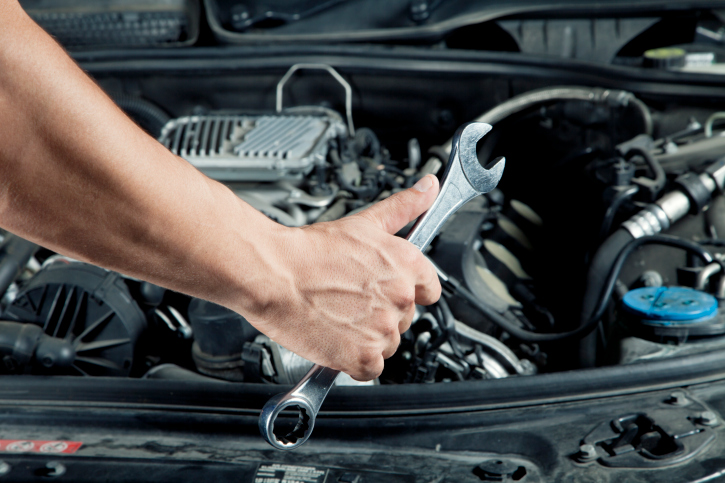 Most franchised dealers are not in the business of debt collection; but it is an occupational hazard. Without a buy here pay here lot or a related finance company, the bulk of the debt arises from the service department and body shop work. A typical scenario may look like this: customer incurs $1,000 of repair work and cannot pay immediately. The dealership agrees to a payment plan for four months ($250/mo. for 4 months). The service writer may write down this agreement on paper, or more likely it’s a verbal agreement. The customer makes the initial monthly payment but fails to make any subsequent payments.
Most franchised dealers are not in the business of debt collection; but it is an occupational hazard. Without a buy here pay here lot or a related finance company, the bulk of the debt arises from the service department and body shop work. A typical scenario may look like this: customer incurs $1,000 of repair work and cannot pay immediately. The dealership agrees to a payment plan for four months ($250/mo. for 4 months). The service writer may write down this agreement on paper, or more likely it’s a verbal agreement. The customer makes the initial monthly payment but fails to make any subsequent payments.
Now the dealership is out $750. What do you do? Do any laws apply? At the present, the Fair Debt Collections Practices Act (FDCPA) does not apply to first party collectors (dealers), it only applies to third party creditors (debt collectors). But, the Consumer Financial Protection Bureau (CFPB) just received more than 240 comments from consumers and industry groups regarding proposed changes to the FDCPA. The CFPB is considering making significant changes the FDCPA, including regulating first party collectors (dealers). Now, these changes are a few months or longer down the road but debt collection is on regulators priority list. It’s also on consumers’ – it ranked number two on the top ten consumer complaint topics received by the Federal Trade Commission in 2013. Identity theft is the only issue that garnered more complaints than debt collection.
What can the dealership do to avoid consumer complaints, regulators, and more importantly collect your money? First and foremost, put in writing any agreement to accept periodic payments. If the dealership is accepting more than four periodic payments from the customer, the transaction is likely covered by the Federal Truth In Lending Act (“TILA”) and requires the TILA disclosures. By having the payment agreement in writing, the store is in a better position to enforce the agreement in small claims or bankruptcy court.
The next step is contacting the customer about the unpaid debt. When calling the customer, be sure to identify the caller’s name and the dealership’s name. When talking to the debtor directly, the discussion can be candid. Be sure not to swear or berate the customer.
If you happen to talk with the customer’s kids, spouse, significant other, etc. it becomes a little more challenging. Under the FDCPA, third party collectors or prohibited from sharing that a debtor owes a debt to anyone other than the debtor and debtor’s spouse. I would recommend this practice for first party collectors as well. The caller and the dealership should still be identified but avoid disclosing the fact that the call is about an overdue debt. Instead, limit the conversation to confirming the debtors whereabouts (i.e. address and phone number). If the caller disclose information about the debt owed it may be breaching the debtor’s privacy rights.
Though the content of the communication is the most important aspect of debt collecting, there are a few other concerns. If the dealership’s collections practice is big enough to utilize an automated dialing system, be sure it is in compliance with all telemarketing rules. Do not call the debtor repeatedly to the point of harassment. Do not call the debtor outside of normal business hours. Essentially, use common sense.
You may also try to contact the debtor via mail, sending invoices, pay stubs/booklets, etc. But, the outside of the envelope should not disclose a debt is owed. While only the debtor should be opening the mail, many other individuals may see the outside of the envelope.
One last thing to keep in mind, if you are aware that the debtor has an attorney contact the attorney, not the debtor.
As always, if you have questions about your collection practices contact your attorney. It will almost always be cheaper to pay an attorney to review your practices than to pay a consumer who was harmed by your practices.








